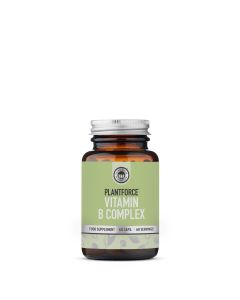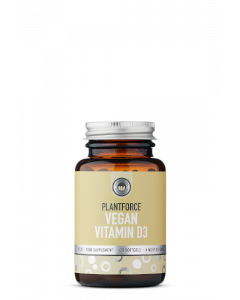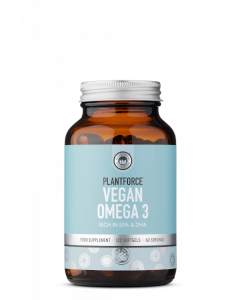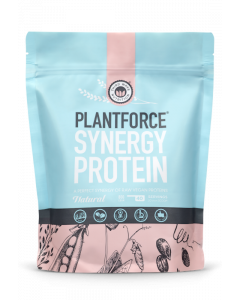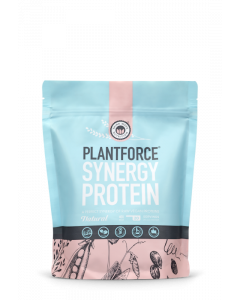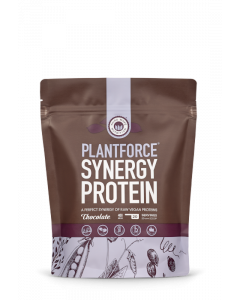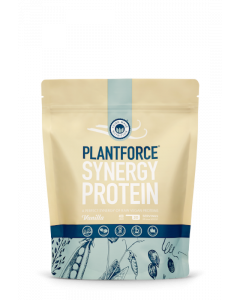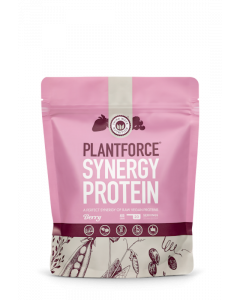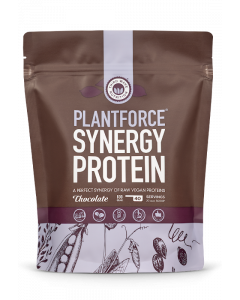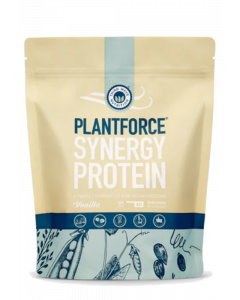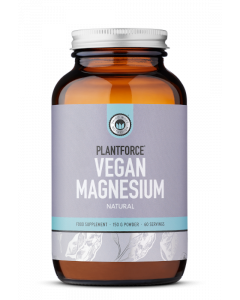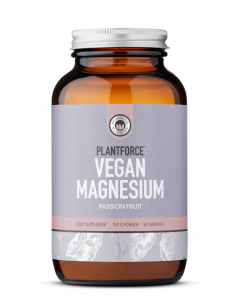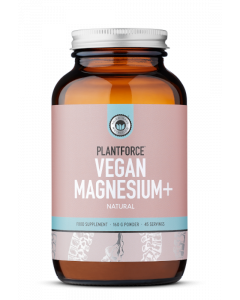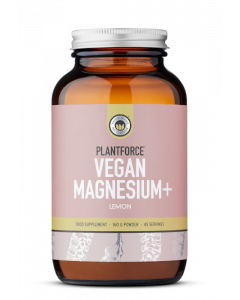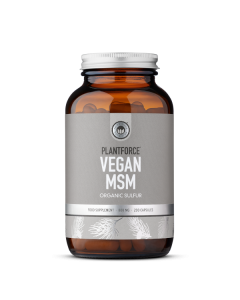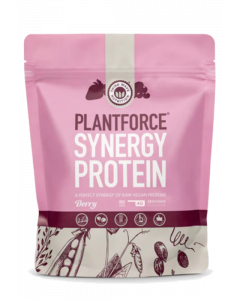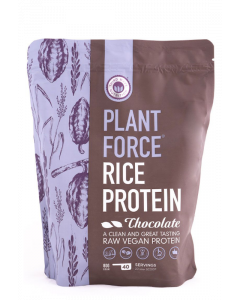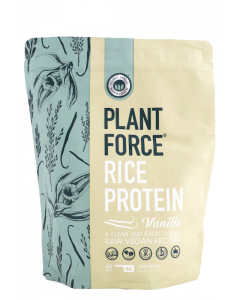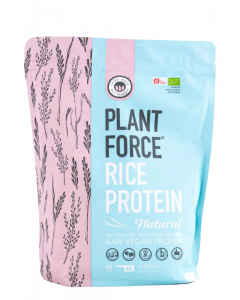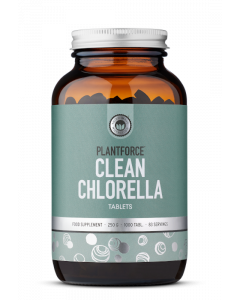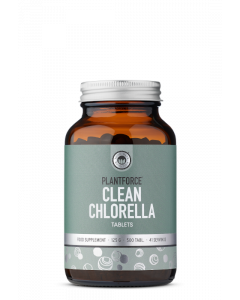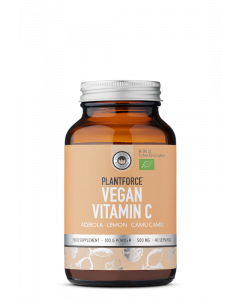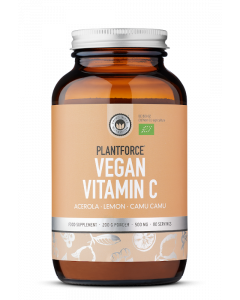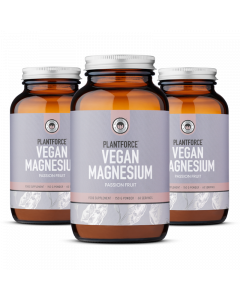- Shipped today!
- Free shipping from € 45
- Postpay possibility
- Review score 9.4
- Earn reward points
- Shipped today!
- Free shipping from € 45
- Postpay possibility
- Review score 9.4
- Earn reward points
- Home
- Vitamins & Supplements
- Supplements - Target Groups
- Vegetarians


Vegetarian Diet
A Vegetarian diet excludes all meat, fish and poultry. SOMETIMES it includes dairy products and eggs. However, plant-based foods are usually the main component of this diet. The important question to answer here is - Can a vegetarian diet provide all essential nutrients for optimal health and in some cases performance?
The Vegetarian Diet
There are different dietary classifications based on the foods included/excluded. Below are the most common definitions and variations of these diets.
- Vegan (strict vegetarian) Excludes all animal products including dairy and eggs; may exclude honey.
- Vegetarian Avoids all flesh foods; may or may not consume eggs or dairy products.
- Lacto-vegetarian Includes milk or other dairy products but not eggs or other animal foods.
- Ovo-vegetarian Includes eggs but not dairy products.
- Lacto-ovo-vegetarian Includes eggs and dairy products.
If we assume most vegetarian diets include eggs and dairy, it definitely leaves less risk of inadequacy/deficiency of essential nutrients. Which is obviously a good thing.
So, what nutrients are at risk with this dietary pattern you may ask? The answer, unfortunately, is not clear-cut. It depends on what foods are consumed and how often. Nevertheless, Table 1 below contains crucial nutrients that may need additional planning/preparation to ensure sufficient amounts are provided by a vegetarian diet.
There are also additional considerations for vegetarians to exercise regularly: protein, creatine, vitamin D, iron and omega-3 may benefit performance, or at the very least prevent premature fatigue, and may decrease injury and illness risk. (Source: Jeukendrup & Gleeson)
Important Nutrients
Protein
Main function -
Is needed as raw material to create enzymes, immune cells, connective tissue, muscle proteins, support structures for bones and teeth; in athletes serves as a trigger and source for building new muscle proteins
Concern -
Most will ingest enough protein to avoid deficiency or disease. However, there is a big difference between preventing deficiency and optimal. This depends on your goal. Most would benefit from increasing their protein intake.
Omega-3
Main function -
Regulates the inflammatory process, and omega-3 fats are crucial components of most cells in the body. Thereby, influencing their function.
Concern -
Vegetarians/vegans need to supplement with algae oil. Plant-based sources will not provide enough omega-3 fats in most cases.
Iron
Main function -
Needed for proper oxygen transport around the body.
Concern -
Poorer absorption from plant-based foods. Females are at the highest risk due to menstruation.
Zinc
Main function -
Converting food to energy, protein synthesis, and immune function/wound healing.
Concern -
The best sources are animal products. May need to supplement depending on diet makeup.
Calcium
Main function -
Growth, maintenance, and repair of bones, regulation of muscle contraction, and normal blood clotting.
Concern -
If dairy is included in the diet there is a lower risk of suboptimal calcium intake. However, if dairy is removed supplementation should be considered.
Vitamin D
Main function -
Calcium absorption, bone health, muscle function, and immune function.
Concern -
Everyone, irrespective of diet, should ensure adequate sun exposure and/or supplement during the winter months. Especially, in countries most north.
Vitamin B12
Main function -
Important for energy production, nervous system function, and DNA repair.
Concern -
Again, this nutrient is found predominantly in animal products. Look at a reliable supplement, as most plant-based sources have low amounts of B12.
Creatine
Main function -
A non-essential amino acid that can improve cognitive & physical performance in all age groups.
Concern -
Creatine can benefit a range of age groups. If you are involved in a sport or use your brain regularly, creatine is the most well-researched and safest supplement on the market.
(Source: Jeukendrup & Gleeson)
Additional Considerations
While consumption of these nutrients through natural or fortified foods is preferred, these nutrients may occasionally need supplementation (Source: NCBI). Vitamin D supplementation, in particular, may be required when sunlight exposure is limited. Maintaining sufficient vitamin D levels is likely beneficial for immune function and resistance to infections. Supplementing with somewhere around ~ 1000-2000 IU/day vitamin D3 is the recommendation for those who have zero sun exposure. (Source: NCBI, MDPI)
Iodine supplementation may be needed for those living in areas with low levels of iodine in foods or when not using iodized salts (Source: Europe PMC).
General supplementation should be considered for restrictive or low energy-density diets.
Want to learn more?
Here at Plent, we are different than most other supplement retailers out there. We are committed to consumer education and empowerment, brand transparency, and quality assurance of all our own supplements. For this reason, we want all our customers to have a full and rounded understanding of the world of supplementation. If you would like to read more about the Immune function from the experts, check out the links below:

